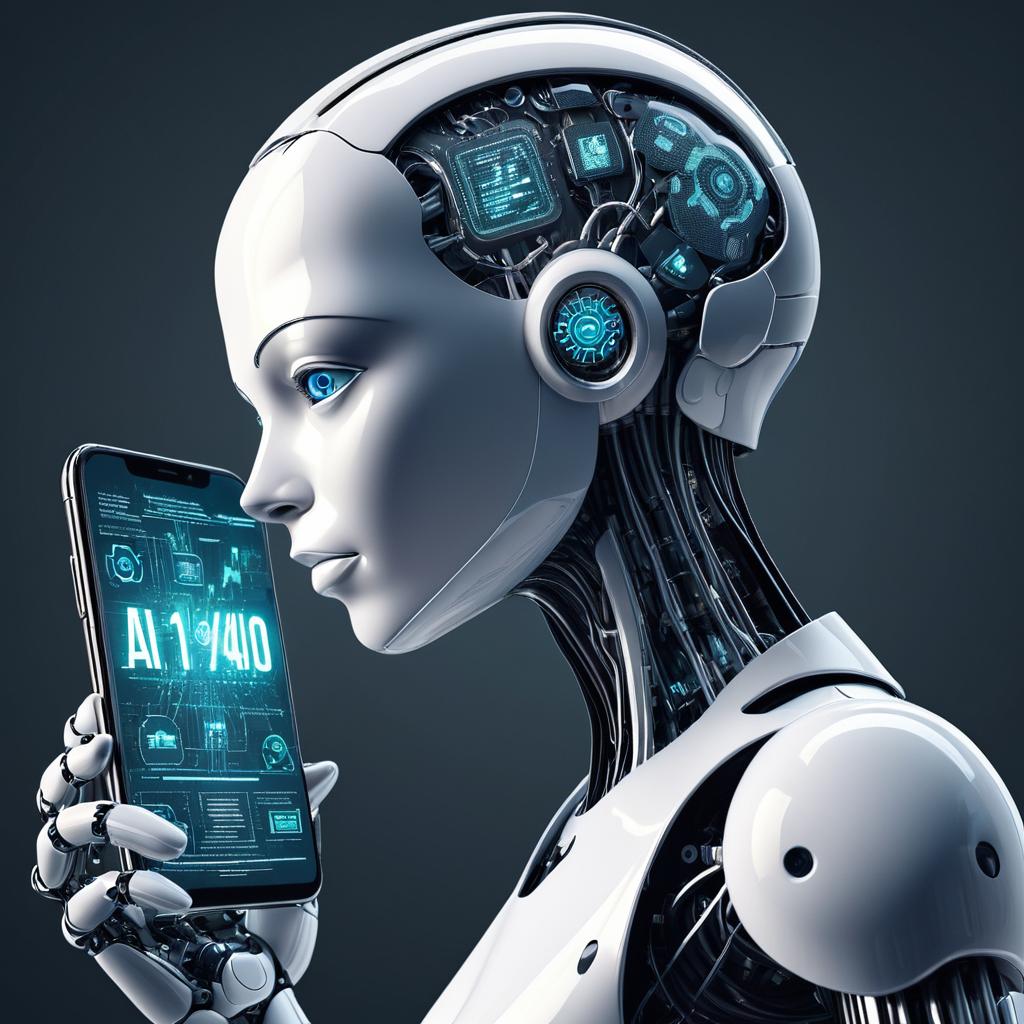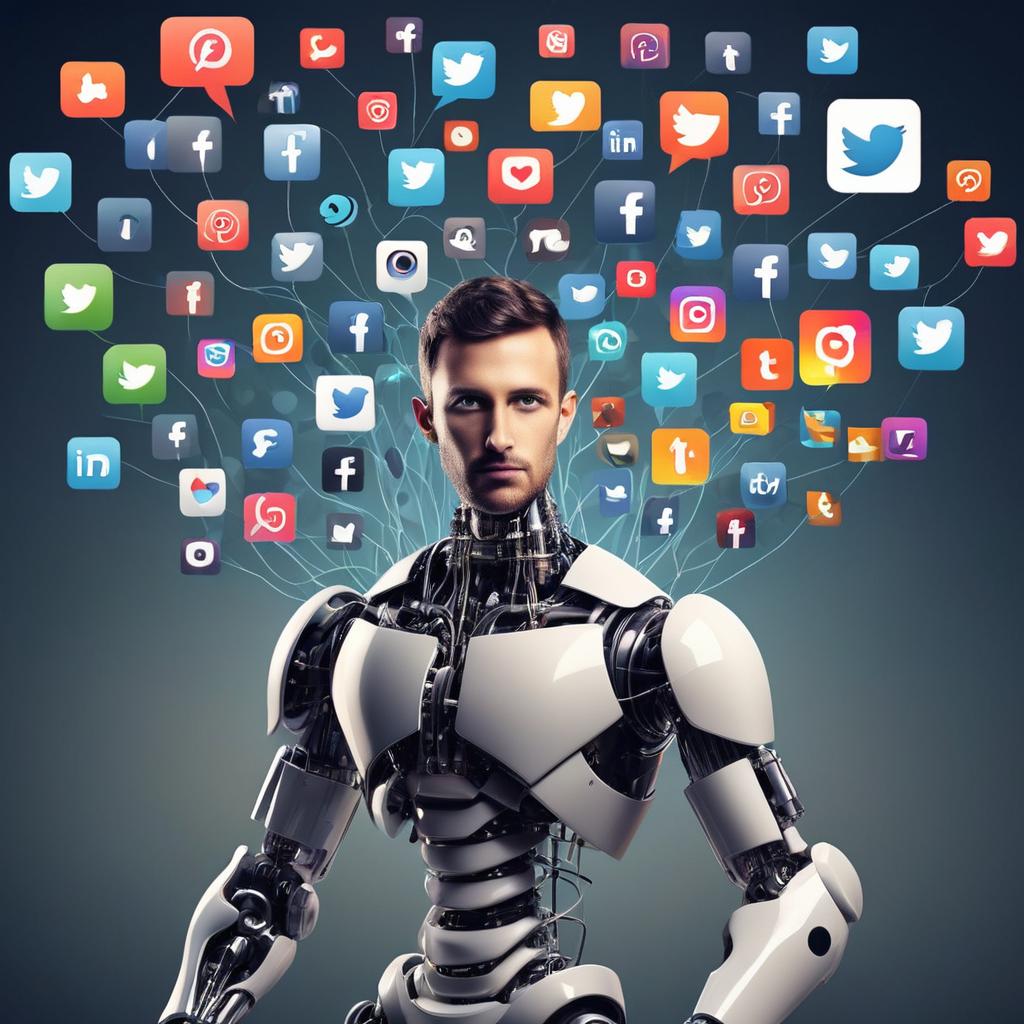In today’s fast-paced digital landscape, staying ahead of the competition requires harnessing the power of cutting-edge technologies. Artificial Intelligence (AI) has emerged as a game-changer in the field of digital marketing, revolutionizing the way businesses engage with their audience, analyze data, and optimize campaigns. As we step into 2024, understanding and leveraging AI in your digital marketing strategy is essential for driving growth and staying relevant. In this comprehensive guide, we’ll explore the latest trends, strategies, and tools in AI digital marketing for 2024.
1. Understanding AI in Digital Marketing
AI refers to the simulation of human intelligence in machines, enabling them to perform tasks that typically require human intelligence, such as decision-making, problem-solving, and natural language processing. In digital marketing, AI-powered tools and algorithms can analyze vast amounts of data, personalize user experiences, automate tasks, and optimize campaign performance.
2. Personalization at Scale
Personalization has become a cornerstone of successful digital marketing strategies. AI enables marketers to deliver personalized experiences at scale by analyzing user data and behavior to tailor content, recommendations, and offers to individual preferences. From dynamic website content to personalized email campaigns and targeted ads, AI-driven personalization enhances user engagement and conversion rates.
3. Predictive Analytics for Insights
Predictive analytics uses AI algorithms to forecast future trends, behaviors, and outcomes based on historical data. In digital marketing, predictive analytics can help businesses anticipate customer needs, optimize marketing campaigns, and allocate resources effectively. By leveraging predictive analytics, marketers can identify high-value leads, forecast sales trends, and make data-driven decisions to maximize ROI.
4. Conversational AI and Chatbots
Conversational AI, powered by natural language processing (NLP) and machine learning, enables brands to engage with customers through chatbots, virtual assistants, and voice-activated interfaces. Chatbots provide real-time support, answer customer inquiries, and guide users through the sales funnel. With advancements in AI, chatbots are becoming more sophisticated, offering personalized recommendations and understanding complex queries to deliver seamless customer experiences.
5. AI-Powered Content Creation
Content is king in digital marketing, and AI is revolutionizing content creation processes. AI-driven tools can generate content, including articles, blog posts, product descriptions, and social media posts, based on predefined parameters and data inputs. These tools leverage natural language generation (NLG) algorithms to produce high-quality, relevant content at scale, freeing up time for marketers to focus on strategy and creativity.
6. Hyper-Personalized Advertising
AI-powered advertising platforms enable hyper-personalized targeting and optimization across various channels, including social media, search engines, and display networks. By analyzing user data and behavior in real-time, these platforms can deliver personalized ad creatives, target specific audience segments, and optimize ad performance to maximize ROI. With AI, marketers can reach the right audience with the right message at the right time, driving engagement and conversions.
7. AI for SEO and Content Optimization
AI is reshaping search engine optimization (SEO) and content optimization strategies. AI-powered tools can analyze search engine algorithms, user intent, and content performance to optimize websites, blogs, and other digital assets for search visibility and user experience. From keyword research and content optimization to voice search and structured data markup, AI-driven SEO tools help businesses stay ahead in the ever-evolving digital landscape.
8. Marketing Automation and Workflow Optimization
AI-powered marketing automation platforms streamline workflows, automate repetitive tasks, and enhance efficiency across the marketing funnel. From email marketing and lead nurturing to campaign management and reporting, AI-driven automation tools enable marketers to deliver timely, relevant messages, nurture leads, and track performance metrics effectively. By automating routine tasks, marketers can focus on strategy, creativity, and driving business growth.
9. Data Privacy and Ethical Considerations
As AI continues to reshape digital marketing, businesses must prioritize data privacy and ethical considerations. With regulations such as the General Data Protection Regulation (GDPR) and the California Consumer Privacy Act (CCPA) in place, marketers must ensure compliance and transparency in data collection, storage, and usage. Moreover, businesses should uphold ethical standards in AI development and deployment to build trust and maintain customer loyalty.
10. Continuous Learning and Adaptation
In the rapidly evolving landscape of AI digital marketing, continuous learning and adaptation are key to staying ahead of the curve. Marketers must stay updated on the latest AI technologies, trends, and best practices, and be willing to experiment, iterate, and optimize their strategies accordingly. By embracing a culture of innovation and learning, businesses can leverage AI to drive growth, engage customers, and unlock new opportunities in the digital era.
In conclusion, AI is transforming the way businesses approach digital marketing, offering unprecedented opportunities to personalize experiences, optimize campaigns, and drive results. By understanding the latest trends, strategies, and tools in AI digital marketing for 2024, businesses can stay ahead of the competition and capitalize on the power of AI to achieve their marketing goals in the digital age.





Awesome, great job to Glen and team.